Description
Epigenetics probiotic Streptococcus Thermophilus is a vegan friendly product in a convenient delayed release capsule.
£25.76 Exc. VAT
P U R E • T R U S T E D • V E G A N
+ Purest Formulas
Here at Epigenetics, the quality and purity of each ingredient is integral to our development of effective, bioavailable formulas. Our products are naturally pesticide-free and completely free from artificial fillers, additives, lubricants, binders, bulking agents and preservatives.
+ Clinically Researched
Our formulations are carefully constructed using a combined 70+ years of clinical research and experience in treating patients, conducted by our very own resident health care practitioners.
+ Trusted Quality
Proudly made in our UK based production facility, set in the heart of the countryside. Your trust in us matters, and as such, we adhere to the strictest GMP regulations and guidelines when producing all of our products.
+ Vegan Friendly
We respect nature and as such we do our part and only use vegan-friendly ingredients in our Streptococcus Thermophilus.
+ Letterbox Friendly
Our capsules come in small postal packs, designed for easy, contact-free delivery. The smaller design leads to a reduced carbon footprint during the shipping process.
+ FDA Compliant
* – An FDA compliant product – can be shipped to the USA
Please be aware that due to the nature of our probiotic products, we will not be able to receive this item back should you wish to return it. For this reason it’s advised that you take care when ordering, as we may not be able to offer you a refund.
In stock
Epigenetics probiotic Streptococcus Thermophilus is a vegan friendly product in a convenient delayed release capsule.
| Ingredient | Amount per serving | ECRDA* | %DV* |
| Inulin (from Jerusalem artichoke) | 375 mg | † | † |
| Streptococcus thermophilus | 50 mg (5B CFU) | † | † |
† Percent Daily Reference Intakes (RI) not established.
INGREDIENTS: Organic Jerusalem artichoke tuber extract (Helianthus tuberosus), Delayed release vegetable capsule (Hydroxypropyl methylcellulose, Gellan gum), Streptococcus thermophilus.
Suitable for vegans
Packaging: 60 capsules
Recommended daily dose, 1 serving taken after a meal.
Serving size: 1 capsule, Servings per container: 60
Store in a refrigerator out of reach and sight of children. Once opened, consume within 6 months.
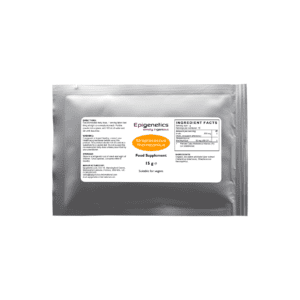
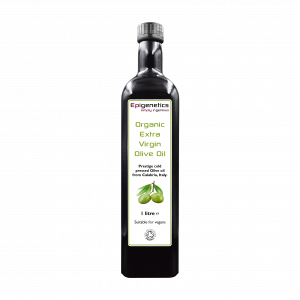 11% OFF (SAVE £2)
11% OFF (SAVE £2)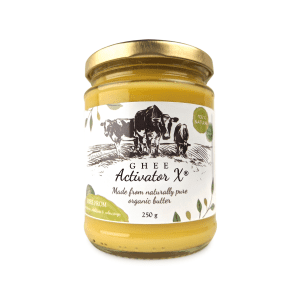
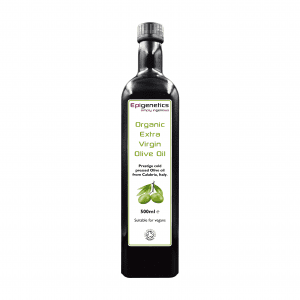
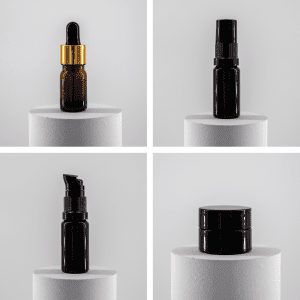
Please select this option if your shipping location is located in the UK, Ireland or any other EU or rest of the world country.
UK, Ireland and all other countriesPlease select this option if your shipping location is located only in the United States of America.
USA